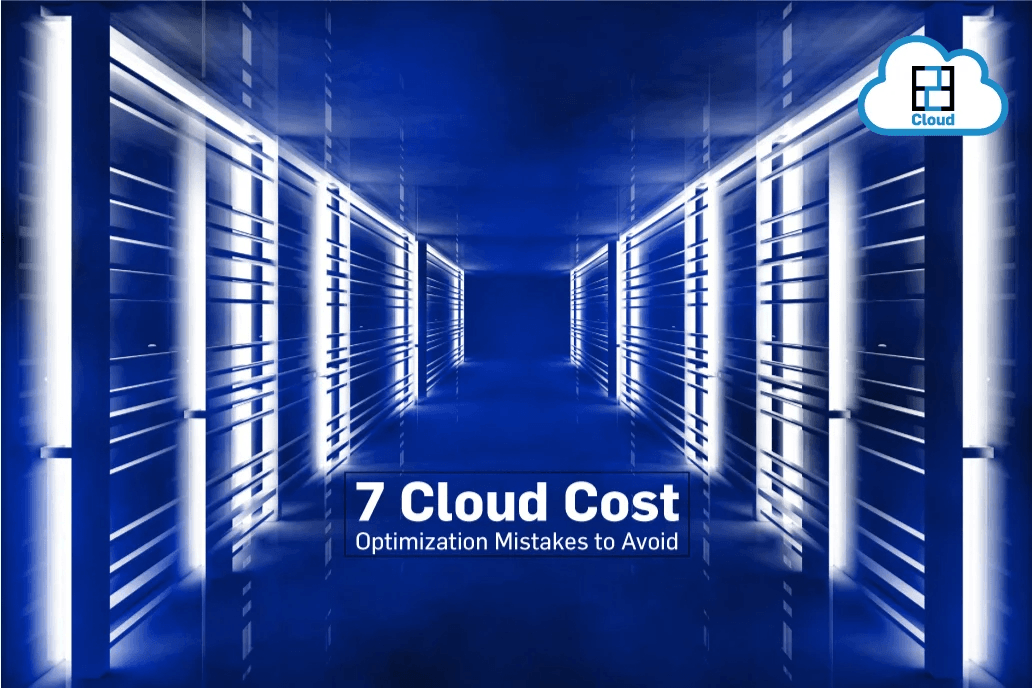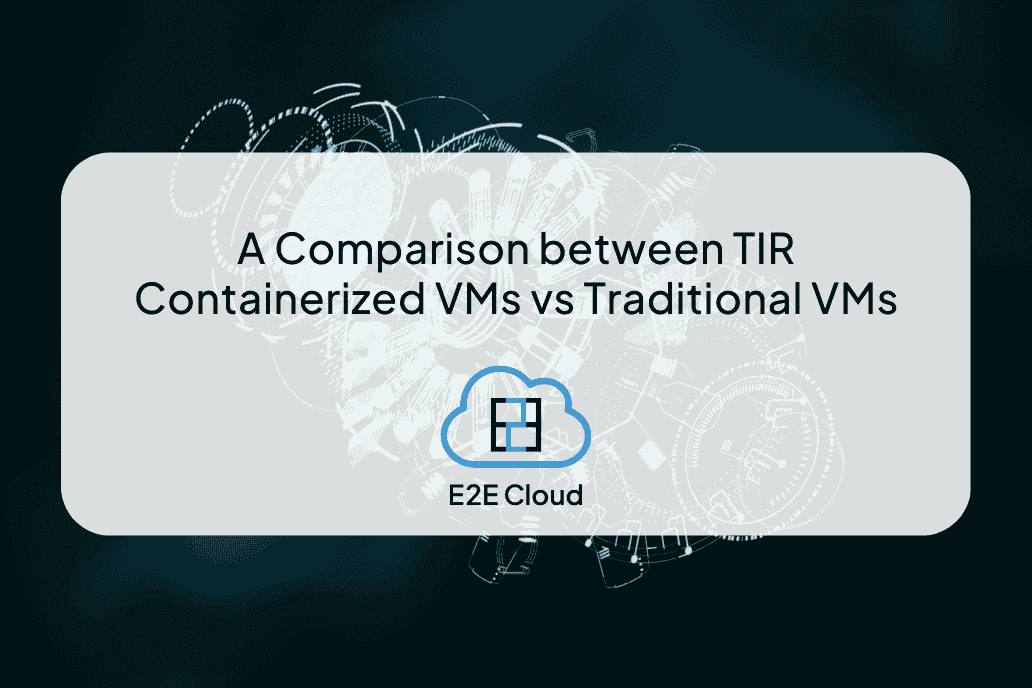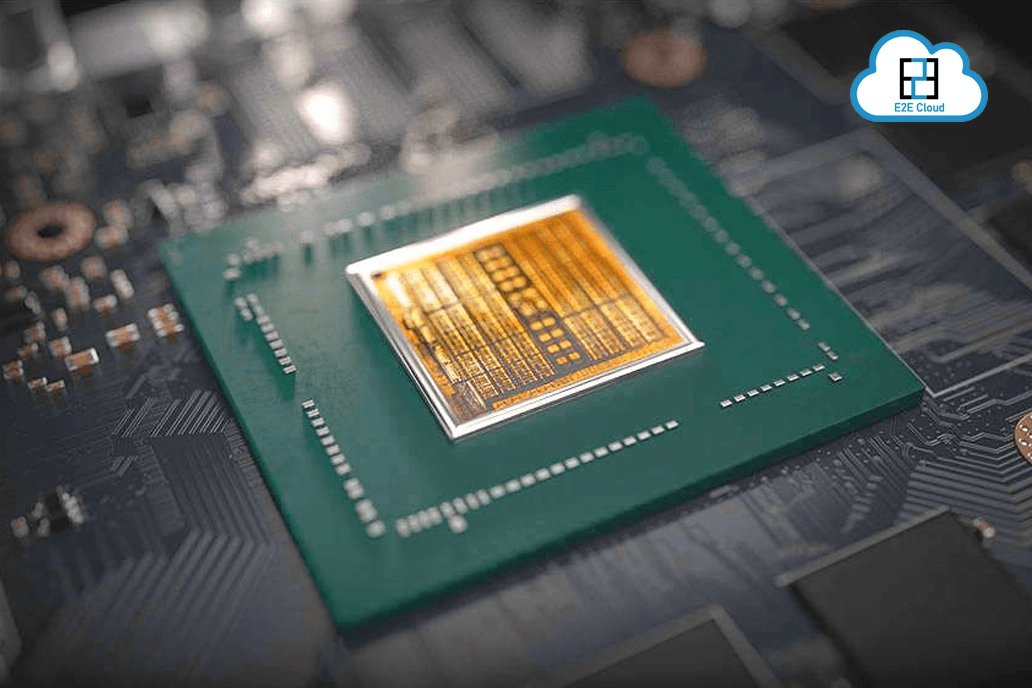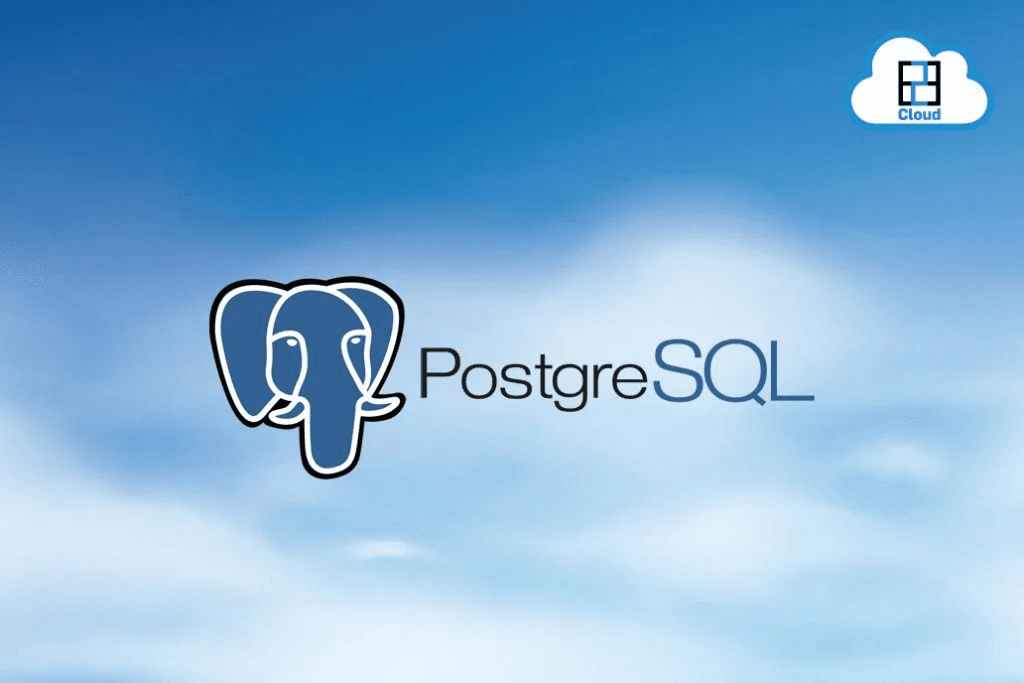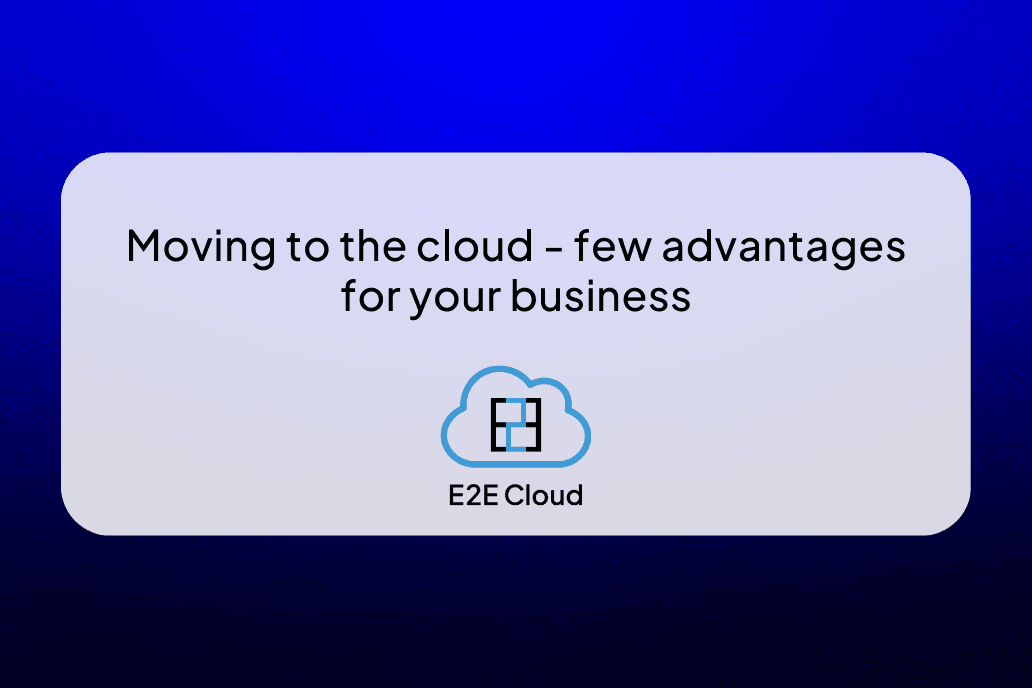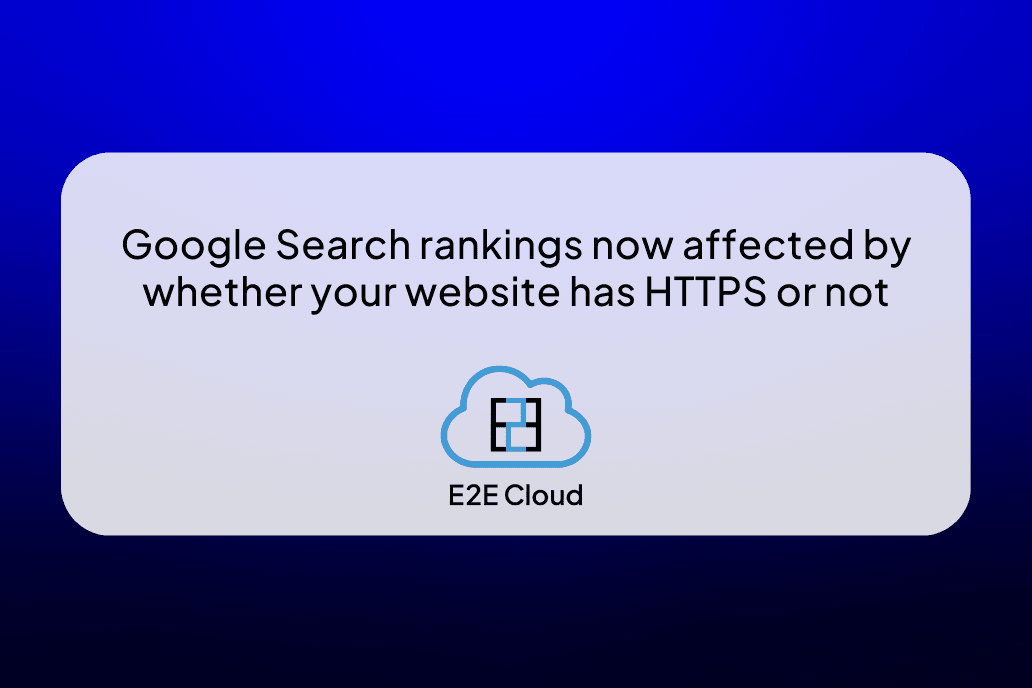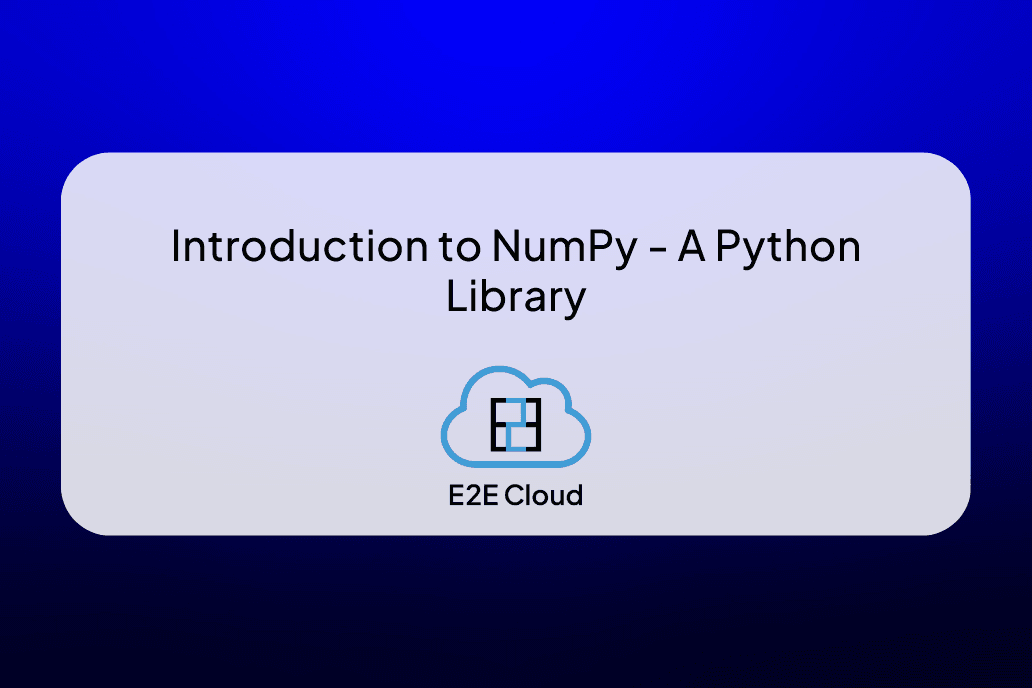For the longest time, the SQL Server existed with a codebase that is all Microsoft and Windows. However, in 2016, Scott Guthrie, Microsoft's Executive Vice President for Enterprise and Cloud, published a blog post announcing that Microsoft's flagship product SQL Server will now be compatible with the Linux operating system (OS).
That was a pretty significant undertaking by Microsoft and also a necessary move as expressed by many experts in their blogs. SQL on Linux has been the most successful server product of Microsoft in terms of downloads.
SQL Server on Linux—Why did Microsoft Have to Do It?
Making the SQL Server compatible with Linux was necessary for Microsoft for two reasons: Cloud and Relevance.
An orthodox Windows-only approach for Cloud makes no sense as Linux is already the go-to OS choice in the cloud space for developers, enterprises, and corporations. With products like SQL on Linux, Microsoft is enhancing its credibility in the Big Data world.
It is not difficult to guess why developers or businesses love Linux. Reduced licensing fees of Linux compared to Microsoft is a reason strong enough. Moreover, using the Microsoft platform means being driven by a single vendor. The majority of companies, tech startups, and many influencing enterprises, consider that a Windows-only product is less strategic, less flexible, and less customizable; and, of course, developers are fond of Linux-based stack for leveraging the benefits of open-source resources.
Why Would a Business Move with SQL Server to Linux?
There are enough businesses out there, especially SaaS providers, who use the Windows platform to run Microsoft SQL Server, while the rest of their production and development environments run on Linux OS. It gets quite expensive and time-consuming to run processes in two unique and different environments. Businesses do feel the need of letting one go.
SQL Server on Linux has provided businesses the middle way out. Moving with SQL Server to Linux allows companies to save costs on platform software, and at the same time, they can continue using the SQL database that they are familiar with, rather than learning a new Linux-compatible database like Oracle.
But, is it necessary to use a commercial paid database? Yes, it is; at least till one uses platforms like Windows. However, once you decide to switch to the Linux platform, then why use SQL? Because over Linux, you are free to use open-source RDBMS such as MySQL.
Benefits of Migrating to an Open-source database like MySQL
Moving to the Linux platform from a Windows-only environment provides the flexibility to explore the range of open-source alternatives. Therefore, why only save on platform software by switching to Linux with SQL Server; and why not go a step ahead and switch to Linux with MYSQL Server and save on databases as well?
Listed Below Are Some of the Benefits of Migrating To MySQL Server
- It cuts down on licensing costs. Even the paid MySQL enterprise versions are way less expensive. However, there are enough completely open-source license versions of MySQL available at no cost.
- MySQL compatibility with programming languages and OS is greater than that of SQL. Not just Linux, it supports every major OS. And along with the .Net language, it additionally supports languages such as Perl, Tcl, Scheme, Haskel, and Eiffel.
- One of the biggest benefits is that MySQL isn't bound to a single vendor’s software, thus it is a lot easier to change or scale its environment to adapt to different workloads.
- MySQL is open-source, so every aspect of it, including advanced features, gets tested intensively by the huge tech-savvy open-source community.
- One major advantage of MySQL over SQL server is that it supports many storage engines—MyISAM and InnoDB are the two popular ones. But, Microsoft SQL is tied to a single storage engine developed by Microsoft. By supporting multiple storage engines, MySQL gives the developers the flexibility to use different engines for different tables. It also provides the option to use plug-in storage engines.
The Final Thoughts
The potential to drive revenue and security are two aspects that businesses tend to consider before choosing open-source products. However, the move “SQL on Linux” by Microsoft can be considered as an acknowledgment toward open-source. Isn't it a strong undertaking to put off the debate over stability, functionality, or security related to open-source? Moreover, over the years, open-source has become the favorite of not just the hackers but also the computer-savvy developers, corporations, and governments.
As far as performance and scalability of MySQL server are concerned, leading sites such as Google, Facebook, and Yahoo! are using MySQL for their large-scale applications and huge workloads. Not just in web-centric platforms, MySQL is also in adoption by enterprises and government agencies such as F5, NASA, Scholastic, and Telenor.
